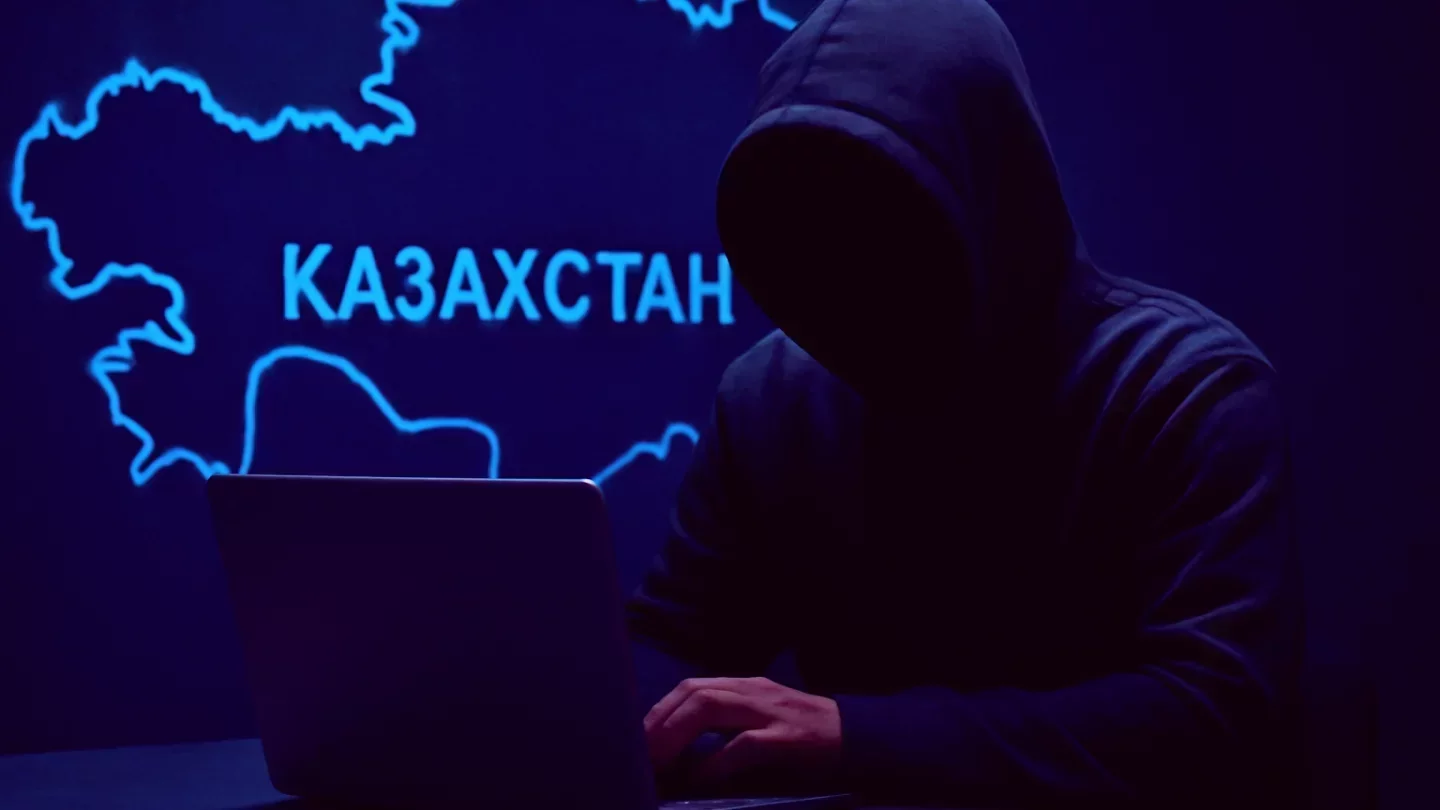The Right to Be Forgotten: How Kazakhstan Plans to Regulate Digital Traces
 Photo: Dall-E, illustrative purposes
Photo: Dall-E, illustrative purposes
MP Natalia Dementyeva raised the issue of how Kazakhstanis can exercise their right to be forgotten when their digital traces are stored for years in government databases and private services, Orda.kz reports.
Ekaterina Smyshlyaeva, developer of the Digital Code, explained that the right to be forgotten is not a new concept, but in the era of widespread digitalization, it has taken on particular importance:
While the right to be forgotten wasn't so valuable in the analog world before, it's incredibly important today, because we truly are completely open to the digital world. Deleting a digital trace entirely is an illusion. Therefore, we certainly take this principle of proportionality and technological capabilities into account.
"Digital oblivion" refers to a person’s right to request the removal of links to inaccurate, outdated, or illegally disseminated personal data from search engines.
While completely erasing information from the internet is impossible, this right allows unwanted information to be hidden from public view.
Smyshlyaeva noted that aspects of the right to be forgotten have already been partially implemented in current legislation — specifically in the law on personal data, which allows citizens to withdraw consent for the processing of their information.
This principle will be systematically incorporated into the Digital Code.
Forgetting can involve either the complete deletion of data, which is technically the most complex operation, or its anonymization — that is, the removal of information that allows for the identification of a person. It can also involve stopping the circulation of or access to the data. Stopping circulation or access is the most realistic and practical measure that can be applied.
The deputy added that the code includes certain exceptions. If the law mandates data retention — for example, archival materials or information related to criminal investigations — such data cannot be deleted.
Likewise, information serving the public interest will not be subject to removal.
"With the exception of these cases, citizens will be able to demand that their access to data be limited or deleted," she emphasized.
Original Author: Artyom Volkov
Latest news
- Kadyrov Confirms Drone Damage to Grozny City
- Russia Temporarily Blocks Kazakhstan's Grain Transit, Threatening Flax Exports to Europe
- Assets of Businessman Dulat Kozhamzharov Seized Following Halyk Bank Claim
- Georgian Opposition Calls December 6 March Over Alleged Use of Chemicals at 2024 Protests
- Severe Smog Covers Oskemen
- Fire and Structural Damage Reported at Grozny City Tower Amid Drone Threat
- Pashinyan Says Foreign Influence Networks Exposed
- Kazakhstan-Based Lukoil Assets Could End Up in Hungarian Hands
- Strong Tenge Pushes Some Banks to Temporarily Stop Issuing Dollars
- Investigation Links Baimsky Project to Nazarbayev's "Wallet," Vladimir Kim
- Three Kazakhstani Nationals Arrested in Georgia Over Alleged 10,000-Ton Oil Theft
- Turkistan Region Contract for 100 Million Tenge Video Project Triggers Scrutiny
- Gennady Golovkin Becomes First Kazakhstani Honored by the International Boxing Hall of Fame
- Former Majilis Deputy Says She Was Stripped of Mandate After Criticizing Authorities
- Mangystau Authorities Investigate Death of Worker Who Fell Into Elevator Shaft
- Golovkin at World Boxing: How Kazakhstan and Saudi Arabia Are Building a New Power Structure in Boxing
- Taraz: Sentences Extended for Defendants in Group Sexual Assault Case
- Taliban Carry Out Public Qisas Execution After Teenager’s Family Killing
- CITIC Construction Responds to Activist’s Claims Over Almaty–Oskemen Highway Quality
- Kazakhstan Proposes New Law Tightening Control over Anonymous Channels

